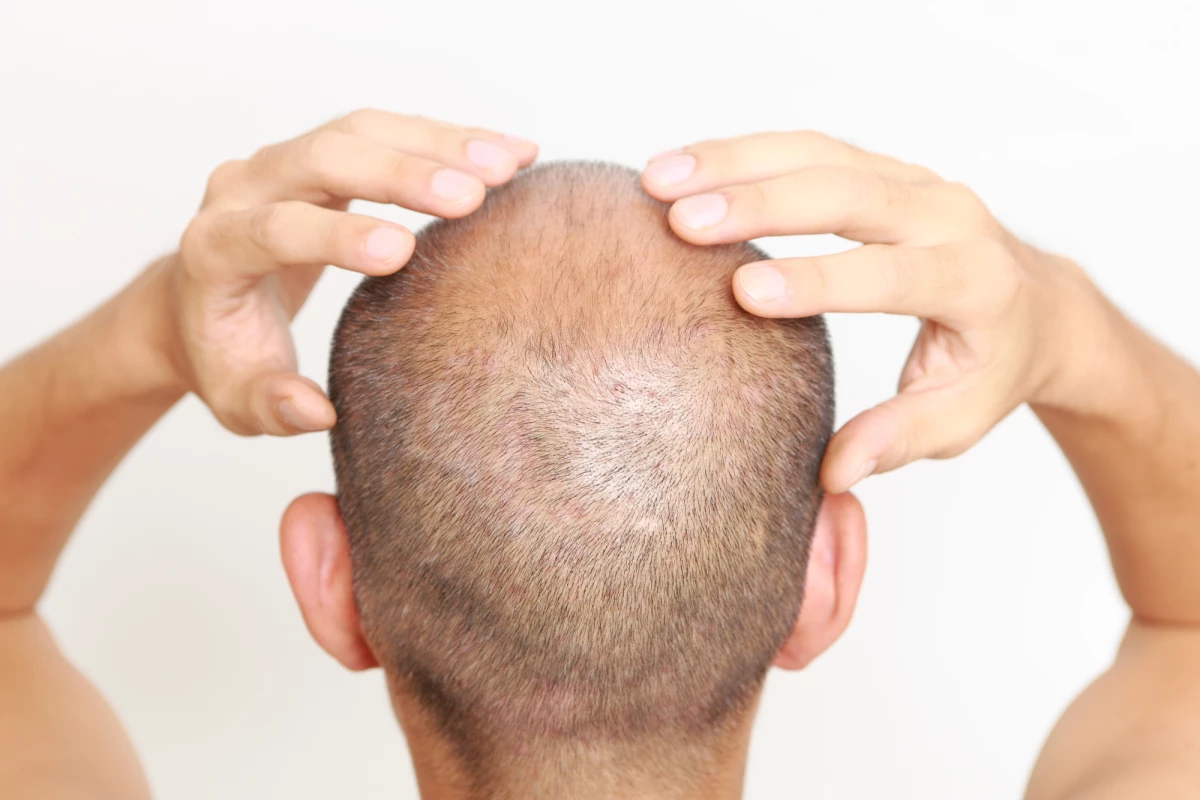Scientists probing the intricate machinery behind hair growth have made a key discovery around the behavior of key cells in follicles. The study uncovers a previously unknown role for a signaling molecule, whose messages were found to be critical to new growth and could be leveraged to address hair loss in humans.
The cells at the heart of this study are known as dermal papilla cells, which live in hair follicles and help determine how fast, thick and long hair grows. This role has placed dermal papilla cells front and center in much of the effort to develop new treatments for hair loss, and research demonstrating how they could be produced from stem cells or deployed in 3D versions, for example, have raised some promising possibilities.
This new study was led by scientists at University of California, Irvine, who were researching new treatments for androgenetic alopecia, or male pattern baldness. To do so, the scientists engineered mouse models with hyperactive dermal papilla cells which grew excessive hair as a result. This enabled the scientists to observe how the cells activate signaling molecules that are key to hair growth, and this is how they discovered the previously unknown role of one called SCUBE3, which was then validated through experiments on human follicles.
“At different times during the hair follicle life cycle, the very same dermal papilla cells can send signals that either keep follicles dormant or trigger new hair growth,” said Maksim Plikus, the study’s corresponding author. “We revealed that the SCUBE3 signaling molecule, which dermal papilla cells produce naturally, is the messenger used to 'tell' the neighboring hair stem cells to start dividing, which heralds the onset of new hair growth."
In another round of experiments, the scientists injected SCUBE3 into mouse skin, onto which they'd transplanted human scalp follicles. This indeed led to potent stimulation of hair growth, both in the dormant human follicles and the mouse follicles that surrounded them. The scientists see this as promising preclinical evidence that SCUBE3 or similar molecules could be deployed as a therapeutic for hair loss, and have filed a provisional patent application to that end.
“There is a strong need for new, effective hair loss medicines, and naturally occurring compounds that are normally used by the dermal papilla cells present ideal next-generation candidates for treatment,” Plikus said. “Our test in the human hair transplant model validates the preclinical potential of SCUBE3.”
The research was published in the journal Developmental Cell.
Source: University of California, Irvine




